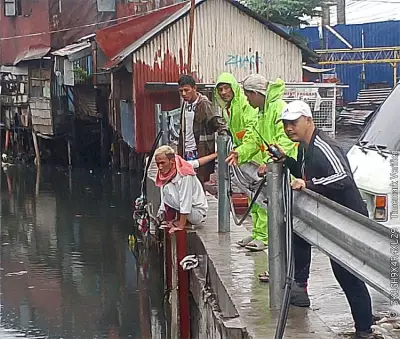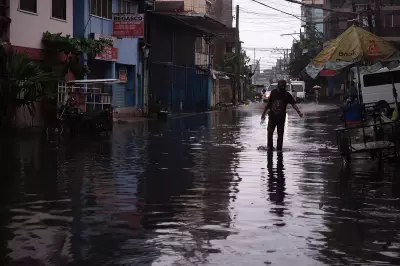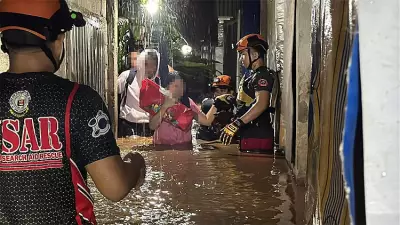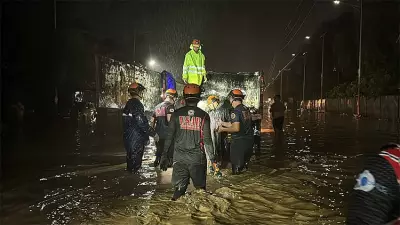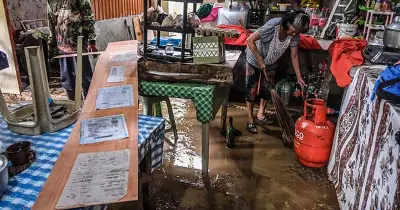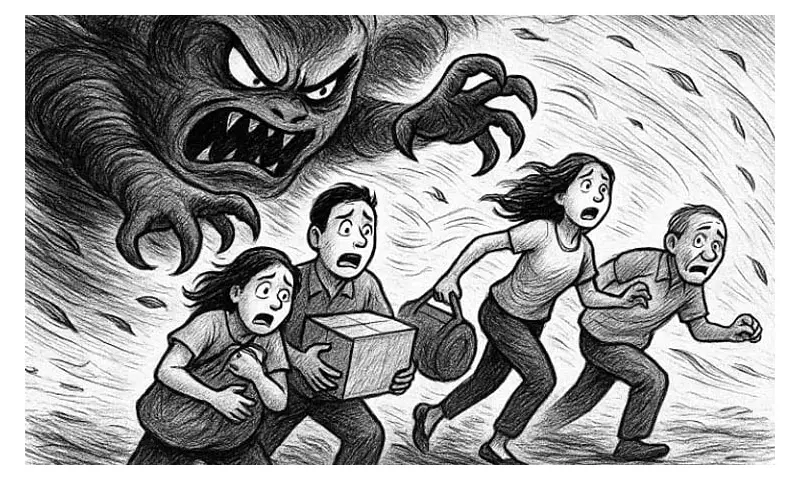
The Office of Civil Defense (OCD) has issued a critical warning to all local governments across the Philippines as Typhoon Uwan approaches, with potential to intensify into a super typhoon. The agency is calling for immediate preemptive and preparatory activities to protect communities from the impending weather disaster.
Nationwide Alert and Trauma Concerns
With the National Disaster Risk Reduction and Management Council (NDRRMC) now under red alert status, the OCD emphasized that the entire nation must prepare, not just Luzon and Visayas regions. The trauma from previous typhoons, particularly Typhoon Tino, remains fresh for many Filipinos who haven't fully recovered from that devastating storm.
Many communities are still dealing with the aftermath of Typhoon Tino, including those who experienced flooding, lost family members, had properties washed away, homes destroyed by landslides, and people buried in soil erosion. The psychological impact of facing another major typhoon so soon could be severe for these vulnerable populations.
Multiple Threats Beyond Strong Winds
The OCD's message is clear: the danger extends far beyond powerful winds. The primary threats include heavy rainfall, widespread flooding, and dangerous storm surges. The experience with Typhoon Tino served as a stark reminder that even regions not directly in the typhoon's path can be severely affected due to its expansive rain bands.
"Our enemy is not just the wind, but also the rain, floods, and storm surge," the OCD stressed in their advisory. This comprehensive approach to disaster preparedness marks a significant shift in how authorities are addressing typhoon threats in the archipelago.
Call for Community Cooperation
The OCD and NDRRMC are calling for cooperation between local government units (LGUs) and citizens. Preparation is not just a government responsibility but an obligation for every family and community. The agencies emphasize that unity and mutual assistance will be crucial in facing this new weather threat.
As Typhoon Uwan continues to develop and move closer to Philippine territory, the OCD reiterated that preemptive evacuation is necessary in vulnerable areas. They emphasized that during typhoons, preparedness serves as our primary shield against disaster.
The collective experience with previous typhoons has taught valuable lessons about the importance of early action and community resilience. With the potential for Typhoon Uwan to reach super typhoon status, authorities are taking no chances in ensuring the public understands the seriousness of the situation.

